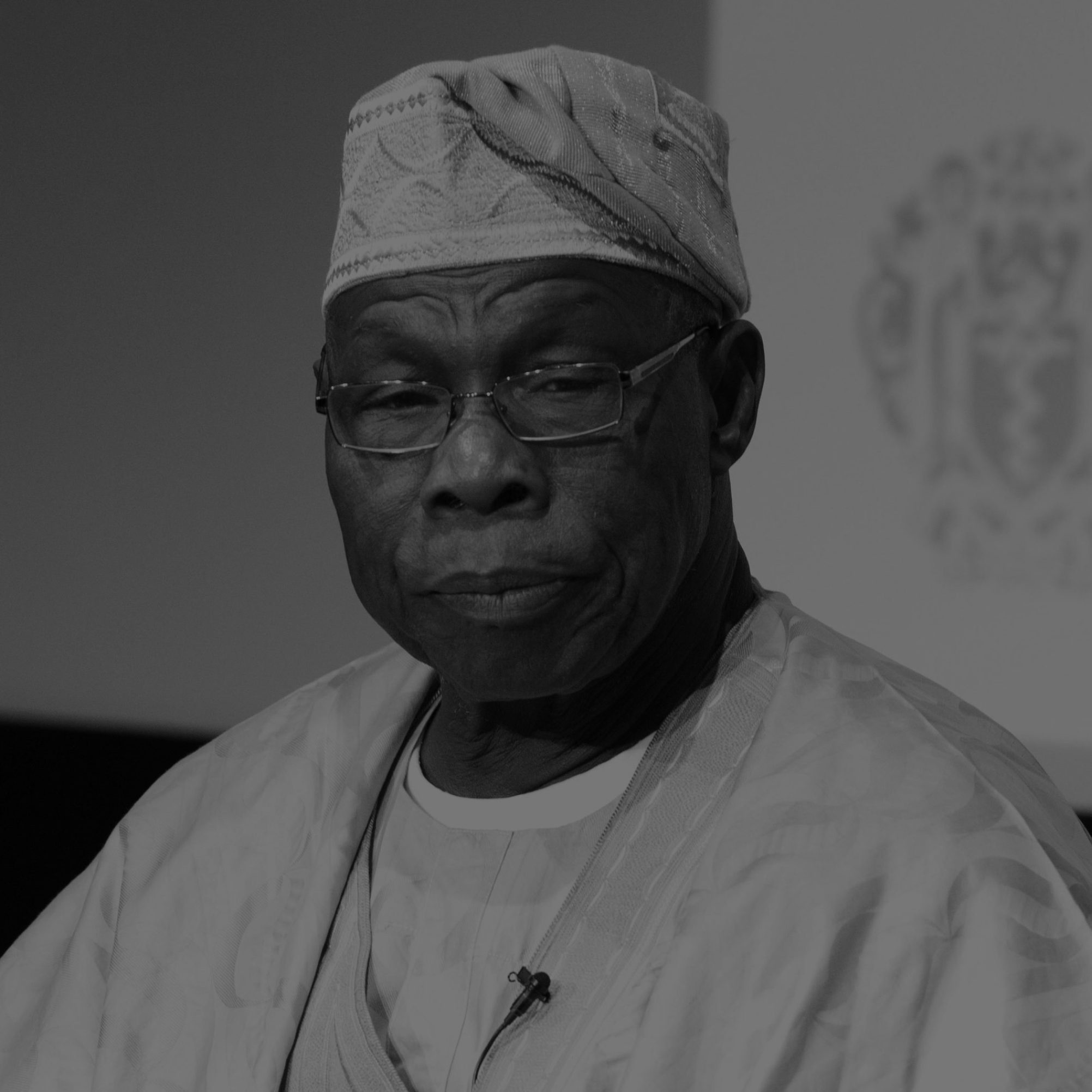Introduction
Across Africa, women are increasingly taking center stage in leadership roles, shattering long-standing barriers and redefining the political and business landscapes. From politics to entrepreneurship, African women are not only breaking glass ceilings but also paving the way for future generations. This article delves into the remarkable journey of women in leadership across Africa, highlighting their achievements, the challenges they face, and the future prospects that lie ahead.
Historical Context
The journey of women in leadership across Africa has been one of resilience and determination. Historically, African societies have been largely patriarchal, with women often relegated to the background. However, the tides have begun to turn. The appointment of Ellen Johnson Sirleaf as the President of Liberia in 2006 marked a significant milestone, making her the first elected female head of state in Africa. Her leadership not only set a precedent but also inspired a new generation of women leaders.
Sirleaf’s presidency was a beacon of hope, demonstrating that women can lead effectively even in post-conflict environments. Her focus on rebuilding Liberia’s infrastructure and promoting gender equality highlighted the unique contributions women can make in leadership roles. This historical shift has paved the way for more women to aspire to and achieve leadership positions across various sectors.
Political Leadership
Case Studies of Women in Political Leadership
Ellen Johnson Sirleaf’s tenure as the President of Liberia is a testament to the transformative power of women in political leadership. Her administration focused on rebuilding the nation after years of civil war, implementing policies that promoted gender equality and economic development. Similarly, Amina J. Mohammed, the Deputy Secretary-General of the United Nations, has been instrumental in advocating for sustainable development and gender equality on a global scale. Her work underscores the importance of women’s voices in international policy-making.
Another notable figure is Ngozi Okonjo-Iweala, the Director-General of the World Trade Organization (WTO). Her appointment as the first woman and first African to lead the WTO is a historic achievement, reflecting the growing recognition of African women’s leadership capabilities on the global stage.
Impact of Women in Political Decision-Making
The presence of women in political decision-making roles has had a profound impact on policy outcomes. Women leaders often prioritize issues such as education, healthcare, and social welfare, which are critical for societal development. For instance, Ethiopia’s decision to achieve a gender-balanced cabinet with 50% women has been hailed as a significant step towards gender equality and inclusive governance. This move has not only symbolized progress but has also led to more inclusive policies that address the needs of diverse populations.
Moreover, women’s involvement in political leadership fosters a culture of collaboration and consensus-building. Their unique perspectives and experiences enrich policy debates, leading to more comprehensive and effective solutions.
Business Leadership
Success Stories of African Women Entrepreneurs
In the business realm, African women are making significant strides. Folorunso Alakija, a Nigerian businesswoman and billionaire, is a shining example of women’s entrepreneurial prowess. Her journey from a secretary to one of the richest women in Africa is inspiring. Alakija’s success in the oil and fashion industries demonstrates the potential for women to excel in traditionally male-dominated sectors.
Similarly, young women entrepreneurs are breaking down barriers to lead in business, leveraging technology and innovation to drive economic growth. Initiatives like the Tony Elumelu Foundation’s entrepreneurship program have supported thousands of African women, providing them with the resources and mentorship needed to launch and scale their businesses.
Role of Women in Economic Development
Women entrepreneurs play a crucial role in economic development. They create jobs, drive innovation, and contribute to the GDP. According to the African Development Bank, investing in women’s empowerment can lead to significant economic gains. Initiatives that support women entrepreneurs, such as access to finance and mentorship programs, are essential for fostering an inclusive and prosperous Africa.
For example, the African Women’s Entrepreneurship Program (AWEP) has empowered women entrepreneurs across the continent, helping them to grow their businesses and contribute to their communities. These programs not only support individual women but also have a ripple effect on local economies, creating a more robust and resilient economic landscape.
Advocacy and Policy Changes
Initiatives and Organizations Advocating for Gender Equality
Several initiatives and organizations are at the forefront of advocating for gender equality in Africa. The United Nations Women and the African Development Bank are notable examples, working tirelessly to promote women’s empowerment and gender equality. Their efforts have led to policy changes that aim to eliminate gender-based discrimination and promote equal opportunities.
The African Union’s Agenda 2063 also prioritizes gender equality and women’s empowerment as key drivers of Africa’s development. This comprehensive framework emphasizes the need for inclusive policies that support women’s leadership and participation in all sectors.
Recent Policy Changes and Their Impact
Recent policy changes have had a positive impact on women’s leadership. For instance, the appointment of Ngozi Okonjo-Iweala as the first woman and first African to lead the World Trade Organization (WTO) is a testament to the changing landscape. Such appointments not only break barriers but also inspire future generations of women leaders.
Additionally, countries like Rwanda have implemented policies that promote gender equality, such as the 2003 constitution that mandates a minimum of 30% women’s representation in decision-making bodies. These policies have led to increased women’s participation in politics and other leadership roles, demonstrating the transformative power of inclusive policies.
Challenges and Barriers
Cultural and Societal Barriers
Despite the progress, women in leadership across Africa still face significant challenges. Cultural and societal barriers often hinder women’s advancement. Traditional gender roles and expectations can limit women’s access to opportunities and resources. Overcoming these barriers requires a collective effort to challenge and change deeply ingrained cultural norms.
Educational campaigns and community engagement initiatives are crucial in shifting societal perceptions of women’s roles. By promoting gender equality at the grassroots level, these efforts can create a more supportive environment for women leaders.
Access to Education and Resources
Access to education and resources is another critical challenge. Many women in Africa lack access to quality education, which is essential for leadership development. Additionally, limited access to financial resources and networks can hinder women’s entrepreneurial endeavors. Addressing these challenges requires targeted interventions that promote education and provide access to resources.
Programs that offer scholarships, mentorship, and financial support can empower women to pursue leadership roles. For example, the Mastercard Foundation’s Scholars Program has provided educational opportunities for thousands of young women across Africa, enabling them to become future leaders.
Gender Bias and Discrimination
Gender bias and discrimination remain persistent issues. Women leaders often face bias in the workplace, which can affect their career progression and leadership effectiveness. Tackling gender bias requires a multi-faceted approach, including awareness campaigns, policy reforms, and support systems that empower women to overcome these challenges.
Organizations can implement diversity and inclusion policies that address gender bias and create more supportive work environments. Training programs that educate employees about unconscious bias and promote inclusive leadership can also help to mitigate gender discrimination.
Future Prospects
Emerging Trends and Opportunities
The future looks promising for women in leadership across Africa. Emerging trends, such as the rise of women-led entrepreneurship and innovation, present exciting opportunities. The role of technology and innovation is particularly noteworthy, as it provides new avenues for women to lead and drive change.
The increasing adoption of digital technologies has opened up new possibilities for women’s empowerment. Online platforms and digital tools enable women to access global markets, network with peers, and gain new skills. These technologies are leveling the playing field, allowing women to compete and succeed in the global economy.
The Role of Technology and Innovation
Technology and innovation are powerful tools for women’s empowerment. They provide access to information, networks, and resources that can support women’s leadership development. Initiatives that leverage technology to promote women’s empowerment, such as digital literacy programs and online mentorship platforms, are essential for fostering a new generation of women leaders.
For instance, the SheTrades initiative, launched by the International Trade Centre, uses digital platforms to connect women entrepreneurs with markets and investors. This initiative has helped thousands of women across Africa to grow their businesses and expand their networks, demonstrating the potential of technology to drive women’s empowerment.
A Call to Action
Support and Advocate for Women in Leadership
Each one of us has a role to play in supporting and advocating for women in leadership. Whether it’s through mentorship, advocacy, or policy reforms, our collective efforts can make a difference. Let’s champion the cause of gender equality and women’s empowerment, ensuring that women have equal opportunities to lead and thrive.
By supporting women leaders, we contribute to a more inclusive and prosperous society. Mentoring young women, advocating for gender-responsive policies, and promoting women’s leadership in our communities can all help to create a more equitable future.
Resources for Further Learning and Engagement
For those interested in learning more about women in leadership across Africa, there are numerous resources available. The World Economic Forum’s Global Gender Gap Report, the United Nations Women in Africa, and the African Development Bank’s Gender Equality and Women’s Empowerment initiatives provide valuable insights and data.
These resources offer a wealth of information on the status of women in leadership, the challenges they face, and the initiatives that support their empowerment. Engaging with these resources can help us to better understand the issues and contribute to effective solutions.
Share Your Stories and Insights
We invite you to share your stories and insights on women in leadership across Africa. Your experiences and perspectives can inspire and motivate others, contributing to a collective effort to break barriers and promote gender equality. Together, we can create a brighter future for women leaders in Africa.
By sharing our stories, we build a community of support and inspiration. Whether it’s through social media, blogs, or community events, our voices can amplify the message of women’s empowerment and inspire others to join the cause. Together, we can create a more inclusive and equitable future for all.
Contact us at impact@exploitsafrica.com with your stories and insights.






